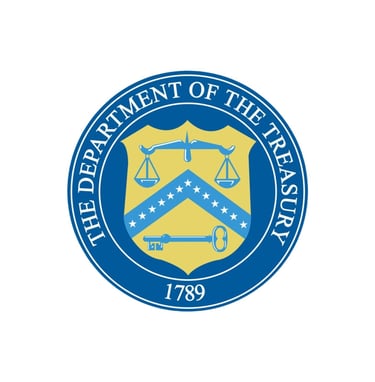U.S. Sanctions Iran’s Oil Network: Indian Companies Also Penalized on July 31, 2025
On July 31, 2025, the U.S. sanctioned 115 entities in Iran’s oil trade and 6 Indian firms over $220M purchases. Global oil markets on alert. Read full update.
Raja Awais Ali
7/31/20252 min read


U.S. Imposes New Sanctions on Iran and Six Indian Companies Over Oil Trade
In a major move on July 31, 2025, the United States Treasury Department announced sweeping new sanctions targeting Iran’s oil trade network, further tightening the noose around the Islamic Republic’s primary source of revenue. As part of this action, the U.S. also sanctioned six Indian companies accused of purchasing Iranian petroleum and petrochemical products worth over $220 million.
The sanctions target more than 115 entities, individuals, vessels, and businesses across Iran, the UAE, China, India, and Turkey. According to the U.S. Department of Treasury’s Office of Foreign Assets Control (OFAC), these actors were part of a complex global network facilitating the sale and shipment of Iranian oil under false documentation, often using “ghost ships” and forged ownership details.
Notably, among those listed is Mohammad Hossein Shamkhani, the son of a close advisor to Iran’s Supreme Leader. He is allegedly managing a secret fleet of tankers operating outside international tracking systems to deliver oil to China and Russia, violating existing sanctions.
What makes this development more significant is the inclusion of Indian private firms, a rare step that reflects Washington’s frustration with continued trade between Asian companies and Iran despite repeated warnings. These companies have now had their U.S.-based assets frozen, and American businesses are barred from engaging with them.
This crackdown comes amid growing concerns about Iran's nuclear ambitions and its financial support for militant groups in the Middle East. Following last month's Israeli airstrikes on Iranian nuclear facilities, the U.S. has intensified its pressure campaign to limit Tehran’s ability to rebuild and fund hostile activities.
According to energy analysts, Iran’s daily oil exports have dropped from 1.8 million barrels per day to nearly 1.2 million, largely due to Western monitoring, maritime surveillance, and international pressure. This drop, while significant, still represents a considerable stream of revenue for Iran’s government, which is grappling with economic instability, high inflation, and currency devaluation.
At the same time, the U.S. issued a strong warning to international buyers, including China and India, that further engagement with Iranian oil could result in secondary sanctions and tariffs of up to 500%, especially targeting critical sectors like energy and shipping.
The global oil market reacted cautiously, with Brent Crude holding steady around $73 per barrel. However, experts warn that if India or China retaliate or ignore U.S. warnings, a sharp surge in prices could follow.